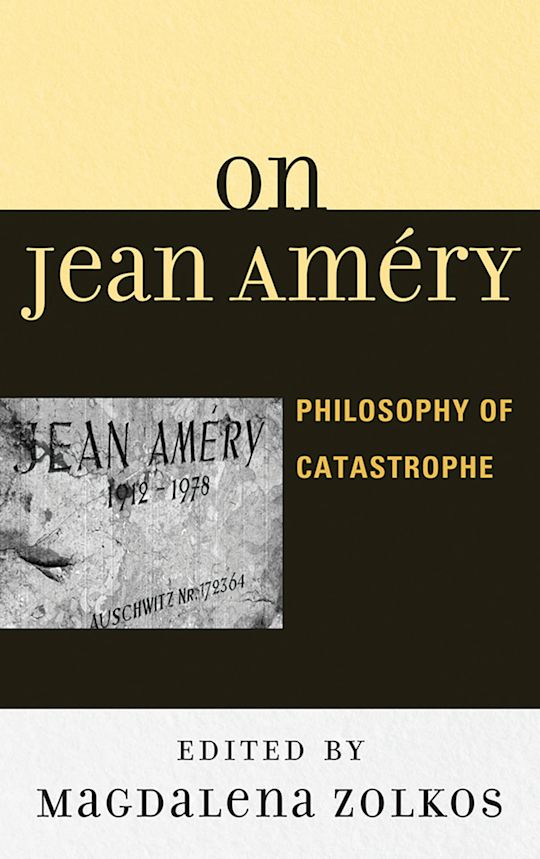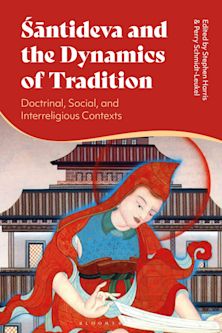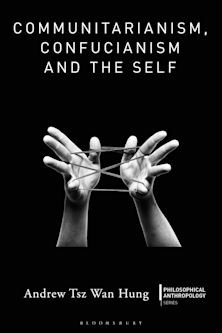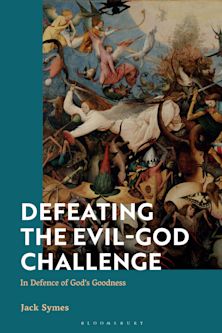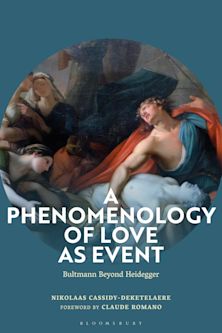- Home
- ACADEMIC
- Philosophy
- Philosophy of Religion
- On Jean Améry
On Jean Améry
Philosophy of Catastrophe
Magdalena Zolkos (Author) , J M. Bernstein (Contributor) , Roy Ben-Shai (Contributor) , Thomas Brudholm (Contributor) , Arne Grøn (Contributor) , Dennis B. Klein (Contributor) , Kitty Millet (Contributor) , Joseph Rosen (Contributor) , Philipa Rothfield (Contributor) , Melanie Steiner Sherwood (Contributor) , Wolfgang Treitler (Contributor) , Aleksandra Ubertowska (Contributor) , Michael Ure (Contributor) , Anna Yeatman (Contributor) , Markus Zisselsberger (Contributor)
On Jean Améry
Philosophy of Catastrophe
Magdalena Zolkos (Author) , J M. Bernstein (Contributor) , Roy Ben-Shai (Contributor) , Thomas Brudholm (Contributor) , Arne Grøn (Contributor) , Dennis B. Klein (Contributor) , Kitty Millet (Contributor) , Joseph Rosen (Contributor) , Philipa Rothfield (Contributor) , Melanie Steiner Sherwood (Contributor) , Wolfgang Treitler (Contributor) , Aleksandra Ubertowska (Contributor) , Michael Ure (Contributor) , Anna Yeatman (Contributor) , Markus Zisselsberger (Contributor)
This product is usually dispatched within 1 week
- Delivery and returns info
-
Free CA delivery on orders $40 or over
You must sign in to add this item to your wishlist. Please sign in or create an account
Description
On Jean Améry provides a comprehensive discussion of one of the most challenging and complex post-Holocaust thinkers, Jean Améry (1912-1978), a Jewish-Austrian-Belgian essayist, journalist and literary author. In the English-speaking world Améry is known for his poignant publication, At the Mind's Limits, a narrative of exile, dispossession, torture, and Auschwitz. In recent years, there has been a renewed interest in Améry's writings on victimization and resentment, partly attributable to a modern fascination with tolerance, historical injustice, and reconciliatory ambitions. Many aspects of Améry's writing have remained largely unexplored outside the realm of European scholarship, and his legacy in English-language scholarship limited to discussions of victimization and memory.
This volume offers the first English language collection of academic essays on the post-Holocaust thought of Jean Améry. Comprehensive in scope and multi-disciplinary in orientation, contributors explore central aspects of Améry's philosophical and ethical position, including dignity, responsibility, resentment, and forgiveness. What emerges from the pages of this book is an image of Amèry as a difficult and perplexing-yet exceptionally engaging-thinker, whose writings address some of the central paradoxes of survivorship and witnessing. The intellectual and ethical questions of Améry's philosophies are equally pertinent today as they were half-century ago: How one can reconcile with the irreconcilable? How can one account for the unaccountable? And, how can one live after catastrophe?
Table of Contents
Introduction
Chapter 1: The Wounded Subject,Anagram: On the Philosophy of "Subjectivity After Auschwitz" in Améry's Work
Chapter 2: Contemplating Jean Améry's Loss of Transcendence
Chapter 3: Améry's Body: "My Calamity . . . My Physical and Metaphysical Dignity"
Chapter 4: Politics and Personal Responsibility: Reflections on Jean Améry and Hannah Arendt
Chapter 5: Resentment and Recognition: Toward a New Conception of Humanity in Améry's At the Mind's Limits
Chapter 6: Imposition, or Writing from the Void: Pathos and Pathology in Améry
Chapter 7: Ver-rücktes Universe of Torture: Améry and Bataille
Chapter 8: Aufbrechen / Abbrechen: Autobiography, History, and Self-destruction in Jean Améry's Novel-Essay Lefeu oder der Abbruch
Chapter 9: "Nachdenken"
Chapter 10: The Singular Case of Jean Améry
Chapter 11:Sympathy for the Devil
Chapter 12: Saying No and Feeling Nowhere. Jean Améry's Introspection of Voluntary Death
Chapter 13: Suffering and Responsibility: Between Améry and Levinas
About the Contributors
Product details
| Published | Dec 09 2011 |
|---|---|
| Format | Hardback |
| Edition | 1st |
| Extent | 344 |
| ISBN | 9780739147658 |
| Imprint | Lexington Books |
| Dimensions | 239 x 164 mm |
| Publisher | Bloomsbury Publishing |
About the contributors
Reviews
-
This volume, a welcome addition to scholarship on Jean Améry, examines his work from various perspectives. The collection consists of essays analyzing Améry's œuvre from a philosophical, linguistic, and literary point of view. Scholars from Australia, the United States, Canada, Poland, Denmark, and Austria draw on a wide variety of theoretical frameworks, entering into a cross-disciplinary dialogue with each other, while employing the latest research findings to bring Améry's often forceful, provocative argumentation into focus. Whereas his essays have hitherto received attention in the German-speaking world, Zolkos' merit has been to assemble contributions in English about the œuvre of this survivor of Auschwitz. It is rewarding to see Améry's essayistic, journalistic and literary work, which continues to be relevant in today's world, finally granted the global attention it merits.
Petra Fiero, Western Washington University, Bellingham
-
Jean Amèry, Austrian Jew, resistance fighter and Auschwitz survivor was one of the most perceptive and provocative commentators on resentment, human dignity, the loss of trust in the world, guilt, and the bodily moral significance of living through brutal torture. Until recently he has been barely known in the Anglo-American world. But it is becoming increasingly evident how relevant his exquisite thinking is to the tangled issues that continue to trouble and haunt us. This splendid collection of essays-the first of its kind in English-explores the depths and significance of his thinking for our own time. Anyone concerned with the intractable moral and political problems that still confront us will be stimulated by these thoughtful essays.
Richard J. Bernstein, Professor of Philosophy, New School for Social Research
-
This noteworthy interdisciplinary and international anthology of essays addressing the works of Jean Améry bears eloquent witness to the continuing impact of Améry's own impassioned, importunate voice. Not even Auschwitz could silence Améry, and this fine collection helps assure that the call to continuing resistance, and to the genuine liberation only such resistance can offer-the call that his works and his life, up to and including his own voluntary death, so consistently and insistently sounded-will continue to sound and resound today, and beyond, for all of our sakes.
Frank Seeburger, University of Denver








